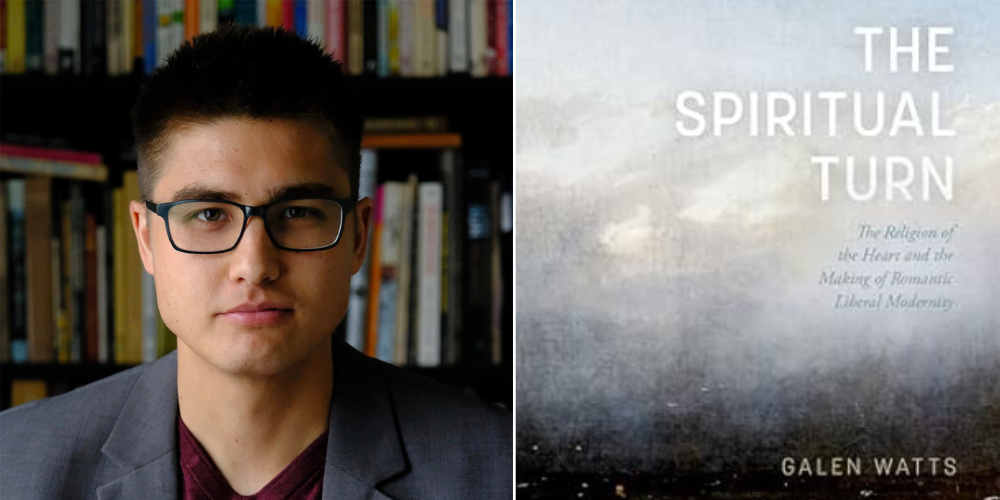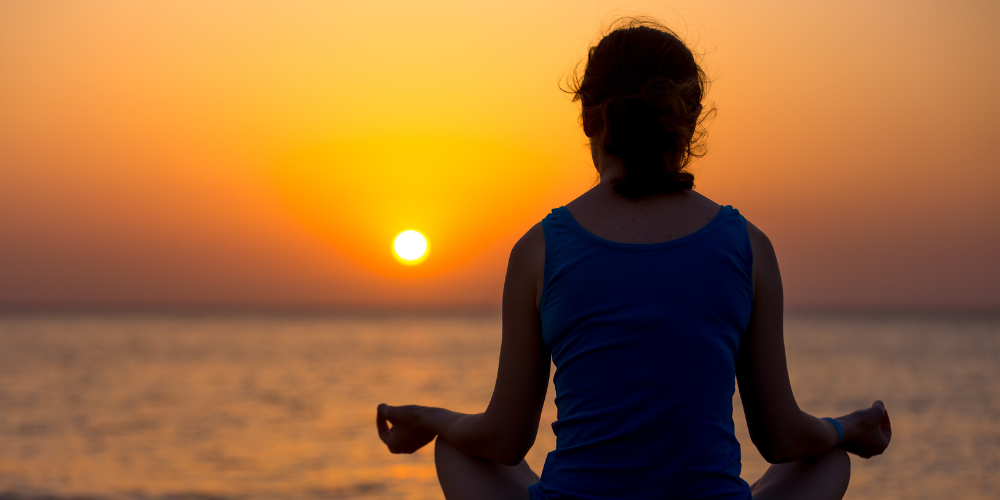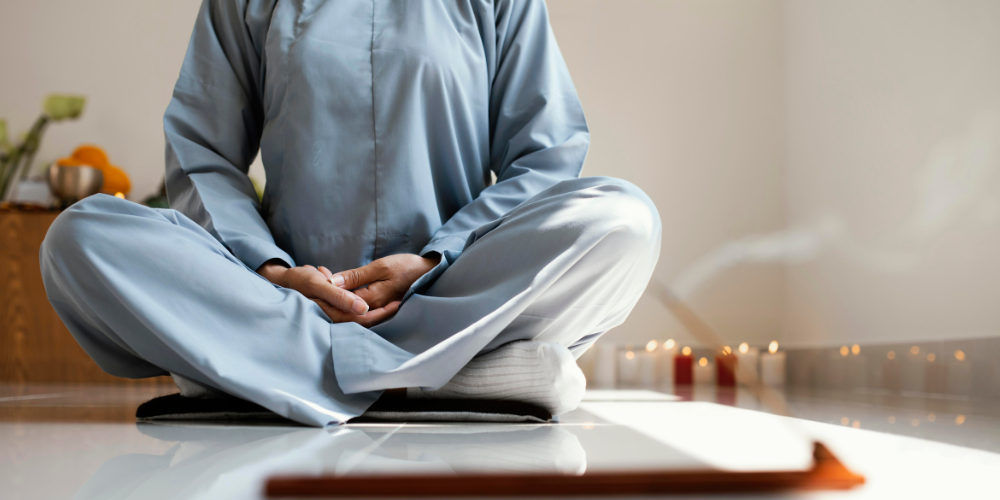Spirituality is on the rise in America, even as more people walk away from organized religion. A new Pew Research Center study reveals that nearly three-quarters of U.S. adults consider themselves spiritual, and about a third say they are "very" spiritual.
This trend signals a shift: People are not necessarily rejecting faith but redefining it outside traditional religious structures.
Spirituality Is No Longer Tied to Religion
The study found that half of all religiously unaffiliated adults still identify as at least somewhat spiritual. These individuals, often labeled as "nones," may not attend church, but they still believe in a deeper connection to something beyond the physical world.

Free Stock / Pexels / 86% of U.S. adults believe in a soul or spirit, 83% believe in God or a universal force, and 79% accept the existence of something beyond the natural world.
For many, spirituality offers the freedom to explore personal beliefs without rigid doctrines. This shift allows people to define faith in a way that resonates with them, whether through meditation, nature, or daily acts of kindness.
Spirituality, in this sense, becomes a deeply personal journey rather than a communal obligation.
Spirituality in Nature
For some, spirituality is found in the smallest details of the natural world. The transformation of a butterfly, the stillness of a mountain, or the vastness of the ocean - these moments remind people that they are part of something bigger.
Instead of attending religious services, many prefer hiking, sitting under the stars, or simply observing the world around them.
Nature has long been a source of spiritual reflection. It provides a sense of awe and interconnectedness, which organized religion once filled. Some describe it as "communing with nature," a phrase that captures the feeling of being part of a larger, harmonious system.
This perspective makes spirituality accessible to anyone, regardless of their religious background.
Spirituality Through Kindness & Human Connection
For others, spirituality is expressed through kindness, empathy, and being present in the moment. The belief that treating others with love and compassion is the essence of spirituality resonates with many who no longer identify with a formal religion.

Matt / Pexels / Acts of generosity, listening without judgment, and being there for others replace traditional religious practices.
The focus shifts from doctrine to daily actions, making spirituality a lived experience rather than a set of beliefs. Some say that being spiritual simply means striving to be a better person, regardless of religious affiliation.
The Belief in Something Beyond Ourselves
Spirituality also provides space for the unknown. Many who step away from religious institutions still believe in a higher force, even if they can’t define it. Some refer to it as a "Great Cosmic Awareness," while others see it as an energy that connects all living things. This openness allows spirituality to be fluid, adaptable, and deeply personal.
Unlike traditional religion, which often emphasizes certainty, spirituality embraces mystery. It doesn’t demand rigid explanations but encourages curiosity and wonder. For many, this approach feels more authentic and meaningful in an era where science and logic dominate daily life.
What Does It Mean?
The decline of organized religion doesn’t mean people are abandoning faith entirely. Instead, they are seeking new ways to connect with something greater than themselves. Spirituality offers a sense of grounding and purpose in a fast-paced world filled with stress and uncertainty.
Sociologists note that while religious affiliation is declining, the need for tradition, ritual, and sacred experiences is increasing. People still crave meaning, connection, and a sense of belonging. Spirituality, in its many forms, fills that void without the constraints of traditional religious institutions.










